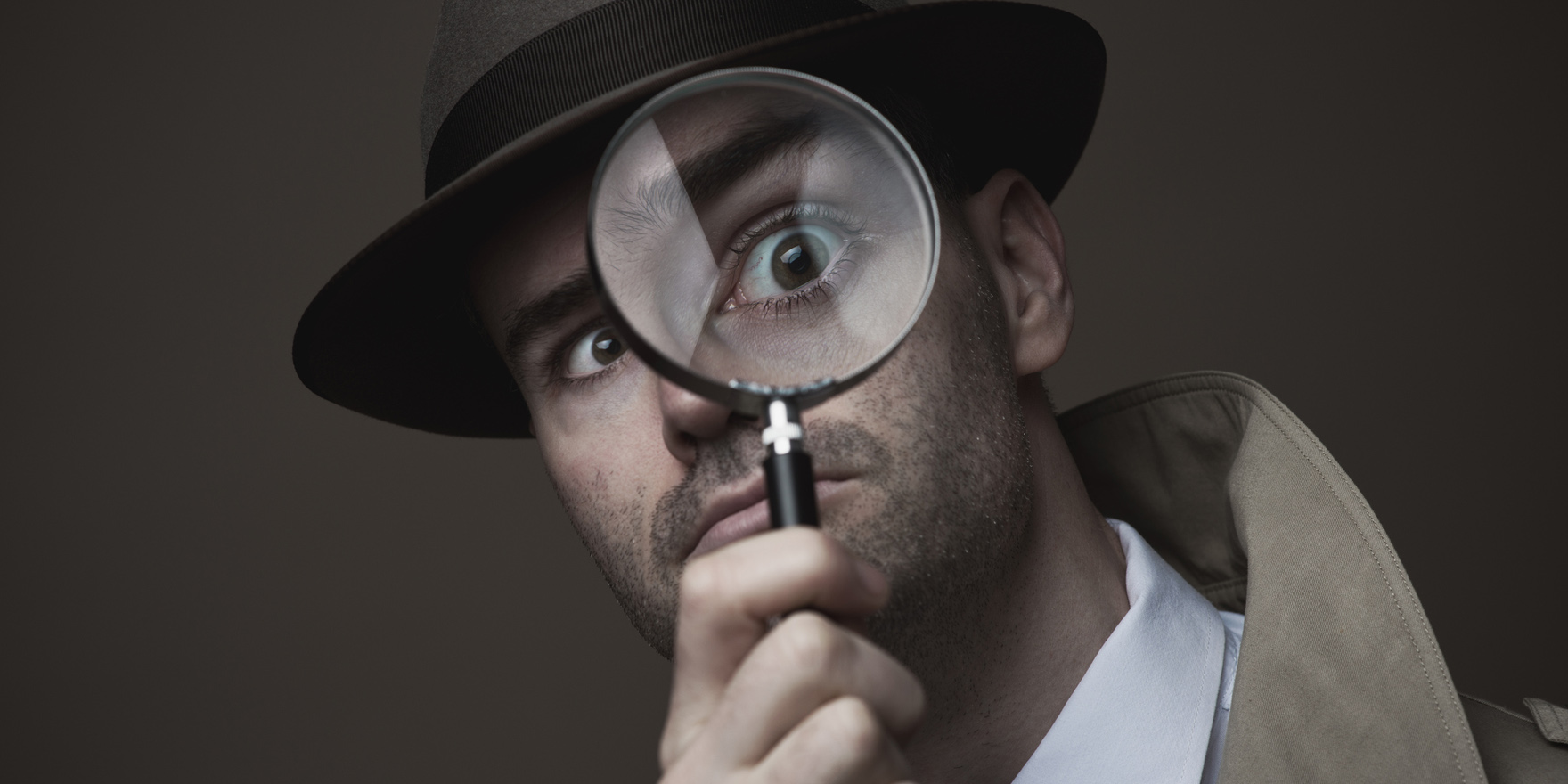HIV transmission is just about impossible with an infected partner who has an undetectable viral load, research shows
Couples in serodiscordant relationships can breathe a sigh of relief with “life-changing” research showing HIV transmission is just about impossible with an infected partner who has an undetectable viral load.
Kirby Institute researchers in Australia have found HIV transmissions were nonexistent in almost 17,000 instances of unprotected anal sex across more than 350 gay couples.
The Opposites Attract study, which was presented at the Paris IAS Conference on HIV Science, echoed findings from previous research in heterosexual couples.
“But until now there’s been a question about whether that applies to transmission in gay men,” chief investigator Professor Andrew Grulich said.
“The main question has been around the fact that transmission in anal sex is a lot more risky than through vaginal sex – about 10 times riskier,” he said.
Australian, Brazilian and Thai couples with differing HIV status were tested for antibodies, STIs and completed questionnaires about their sex lives over an average follow-up of 1.7 years between 2012 and 2016. Of the 17,000 acts of intercourse, 12,000 were protected only by an undetectable viral load and the rest included people who chose to take PrEP, reflecting real-world sexual behaviour.
Professor Grulich called it a really exciting result that “provides very strong evidence that in gay couples, people with undetectable viral loads do not transmit HIV”.
“It’s great news for many couples,” he said. “Intimate couples tend to not want to use condoms in the long run and so the good news is that, provided the positive partner stays under good medical care and makes sure he takes his medication daily as prescribed, he’ll keep is viral load undetectable and he won’t transmit.”
HIV specialists hope that this proof of safety will destigmatise life for people with HIV, and alleviate some of the fear and anxiety for serodiscordant couples.
“With current medications, almost everyone who takes the pills will get an undetectable viral load,” Professor Grulich said, adding that it could take as little as three months for some people.
But because there have been some reports of people contracting HIV in the first few weeks after their partner began treatment, Professor Grulich also advised patients to wait three to six months before having unprotected sex and to get tested to ensure the antivirals have been effective.
Over the study period, three participants did become infected with HIV, although all came from sexual partners outside the couples being monitored.
Professor Grulich said this underscored the importance of taking a sexual history and discussing monogamy with any couples on the treatment, and encouraging other tools such as PrEP if required.
However, patients can now be reassured that there has never been a recorded case of transmission in 35,000 cases of unprotected anal sex among homosexual couples across several studies.


